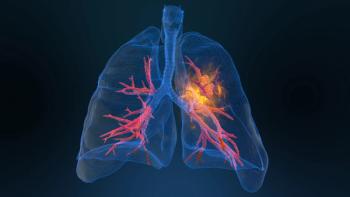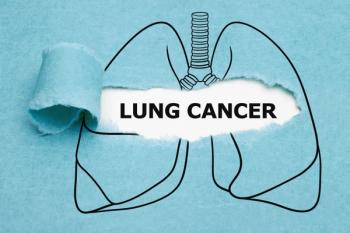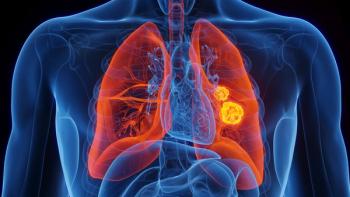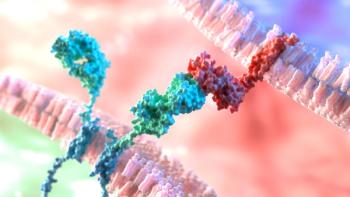
Lung Cancer Screening Criteria Miss Young, High-Risk Black Smokers
Current lung cancer screening guidelines do not identify high-risk young, African American smokers, an abstract presented at CHEST 2020 found.
The current
“The objective of our study is to investigate the need to modify the current screening guidelines practiced at our institution [
The retrospective, observational cohort study included a total of 980 patients 18 years of age or older who were newly diagnosed with lung cancer at LSU Health Sciences Center Shreveport from 2011 to 2015. Of those patients, 1/3 did not meet the
Those patients were split into groups based on the
Those with a ≥1.3% 6-year lung cancer risk probability based on the Tammemagi risk calculator were considered to be part of high-risk group 2 and <1.3% as part of the moderate-risk group. The NCCN guidelines consider high-risk groups 1 and 2 as eligible for annual LDCT.
About 33% of lung cancer patients in the study were diagnosed at less than 55 years old and were therefore ineligible for yearly screenings based on the USPSTF guidelines. Close to 50% of patients in that group were African American, 95% of whom had a known smoking history. Of those patients, 80% were in advanced stages of cancer by the time they were diagnosed. Once the Tammemagi risk calculator was applied in those patents, 12.5% fell into high-risk group 2.
The study authors concluded that the USPSTF guidelines do not cater to the population of younger African American smokers at the LSU Health Sciences Center Shreveport, indicating a
“New screening methods must be implemented, focusing on smoking history and population demographics,” the authors wrote. Then, physicians can use appropriate LDCT screening to diagnose these cases earlier without screening lower risk populations unnecessarily.
Reference
Martinez CV, Thurlapati A, Hirani S, et al. Do our current USPSTF guidelines for lung cancer screening fail young, high-risk African American smokers? Presented at: CHEST 2020; October 18-21, 2020. Abstract A1454-A1455.
Newsletter
Stay ahead of policy, cost, and value—subscribe to AJMC for expert insights at the intersection of clinical care and health economics.









